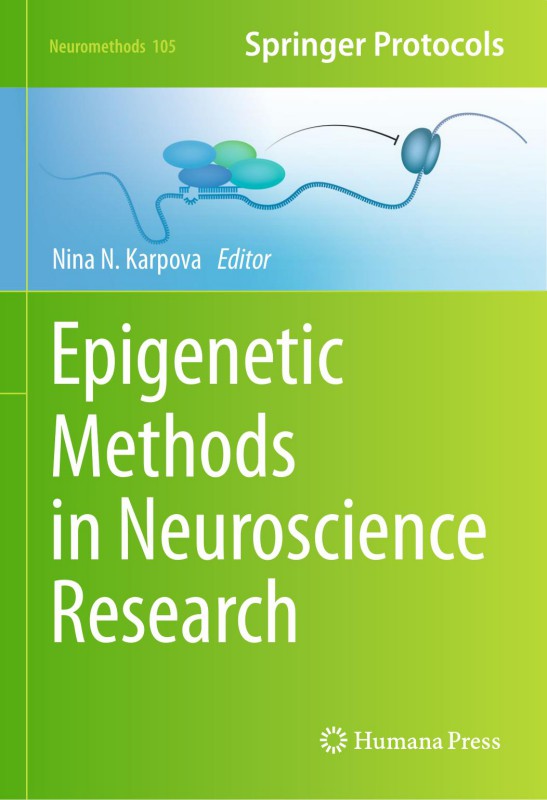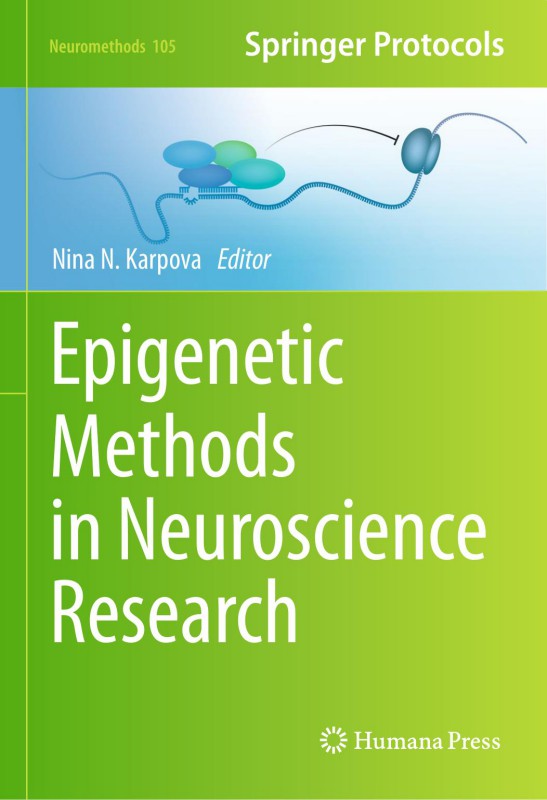Epigenetic Methods in Neuroscience Research 1st Edition by Nina Karpova ISBN 1493927531 9781493927531
Original price was: $50.00.$25.00Current price is: $25.00.
Authors:Nina Karpova , Tags:(Neuromethods 105) , Author sort:Karpova, Nina , Ids:Goodreads , Languages:Languages:eng , Published:Published:Oct 2015 , Publisher:Humana , Comments:Comments:This volume presents state-of-the-art methods for reliable detection of epigenetic changes in the nervous system.Epigenetic Methods in Neuroscience Researchguides readers through methods for the analyses of chromatin remodeling, transposable elements, non-coding RNAs, such as miRNAs, and circadian oscillations, including: analysis of DNA methylation in neuronal and glial cells or small tissue samples; sensitive method for quantification of alternative methylated forms of cytosines by liquid chromatography/mass spectrometry; affinity-based detection of modified cytosines by immunohistochemistry or methylated DNA immunoprecipitation; chromatin immunoprecipitation, or ChIP; miRNA high-throughput profiling and thein situdetection of miRNA subtle expression in the brain; analysis of genes with alternative 3’UTRs; and the cite-specific delivery of chromatin-modifying drugs. Written in the popularNeuromethodsseries style, chapters include the kind of detail and key advice from the specialists needed to get successful results in your own laboratory.Concise and easy-to-use,Epigenetic Methods in Neuroscience Researchprovides multidisciplinary epigenetic approach to study genome, and neural, plasticity that will help the reader to successfully address the challenges associated with neurodevelopmental, psychiatric, and neurodegenerative disorders.













